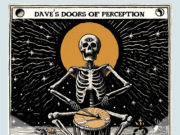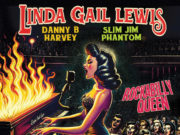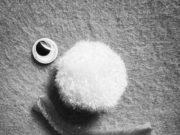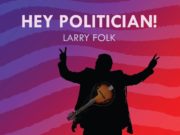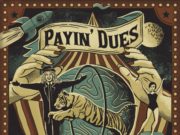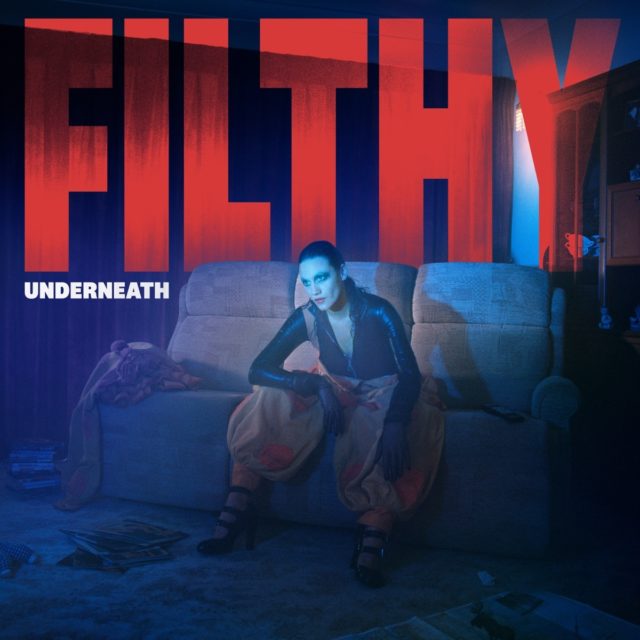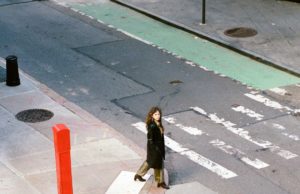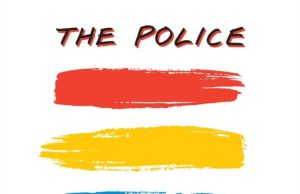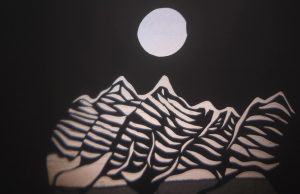THE EDITED PRESS RELEASE: “Nadine Shah worries that too much time might have elapsed between her last album — 2020’s universally acclaimed Kitchen Sink — and its extraordinary successor Filthy Underneath.
Attention spans seem to be ever shrinking and, besides, what gives her the right to think she can sashay back into action and imagine anyone will care? Three years might seem like a prolonged absence to some, but it’s also a period of time in which the apparatus that holds your world in place can be dismantled and reassembled so you can keep living, keep creating. And the more Nadine tells you about the last three years — losing her mother to cancer at the height of lockdown; the suicide attempt that ended her marriage (but not, thankfully, her life); the subsequent period in rehab that slowly endowed her with the tools to outwit the pernicious voices that overwhelmed her — the more incredible it is that she has returned as soon as she has done.
Back with a new label, Filthy Underneath chronicles a period of unprecedented turbulence in Shah’s life. And yet, the experience of listening to it is oddly life-affirming — a parade of ghosts spanning the entirety of Nadine’s 37 years, moving with balletic beauty to the music that Nadine and collaborator and producer Ben Hillier have created. For Nadine, this renewed emphasis on placing melody and movement front and centre of the album originated in a period when, ironically, songwriting couldn’t be further from her thoughts.
As the country went into lockdown and Nadine’s tour schedule for 2020 was effectively extinguished, she suddenly found herself back in her South Tyneside hometown, caring for her mother Heather, who was terminally ill with cancer. In the subsequent throes of bereavement, she recalls the cathartic release of listening to Iranian pop icon Googoosh, Indian disco queen Asha Puthli and “shitloads of glam rock — anything else with even a hint of sentimentality to it, was too hard to process.”

Though it would be a while before she put pen to paper, it’s this period in which the earliest songs on Filthy Underneath would start to take root. Flying to the upper reaches of her vocal register, Nadine effectively carries us with her on Greatest Dancer, launched into the firmament by a euphoric frenzy of percussion and phantasmagoric synths. On the surface, this lysergic sense of abandon sits at odds with a song inspired by the lockdown Saturday nights that Nadine and her mother would spend watching Strictly Come Dancing, but as she explains with typical candour, “it was beautiful to have moments like that, for a few hours we could almost forget all else that was happening. A bit of normality. But one evening, I guess I was finding pretending to be normal too much and gulped some of her Oramorph just as it started. That was when it all got trippy and the dancers started coming out of the telly.”
On You Drive, I Shoot, an insidiously catchy clockwork arrangement acts as an impassive Greek chorus to a ritual played out between equally reluctant protagonists: The daughter turned carer, driving her ailing mother through a seemingly endless schedule of hospital appointments: mother rendered childlike, in every sense a backseat passenger to her own life. If all the sadness of imminent loss is suppressed in the mechanised strut of You Drive, I Shoot, there’s less reason to hold back on See My Girl — a longingly pretty elegy to the “Scandi beauty” gazing back at her in old photos that depict mother and daughter as they “stand with held hands.” It’s tempting to say that, in all of its tender desolation, this is one of Nadine’s most powerful vocals, but that would be to diminish the company it keeps here.
On the album’s lead single Topless Mother, her double-tracked harmonies converge with an irresistible groove which locates an improbable equidistant point between pop and The Creatures. Inspired by a series of comically tense exchanges with a counsellor, the song alights on her counsellor’s unorthodox tendency to burst into tears if she felt she wasn’t getting anywhere with her patient, the chorus trip-switching into a free-associative list of three-syllable words. The tone here is never less than no-fucks-given celebratory, an instant fan favourite to rub shoulders alongside her best.
Bookending Topless Mother at the beginning of Filthy Underneath are Even Light and Food For Fuel — two more songs that set out the sonic and thematic parameters of the record. On Even Light, Nadine sounds like someone squinting before a slide show of images from her own fever dreams, unable to slow down the velocity of what confronts her. She explains, “Even Light is talking to your inner child. I’ve had to do a lot of that.”
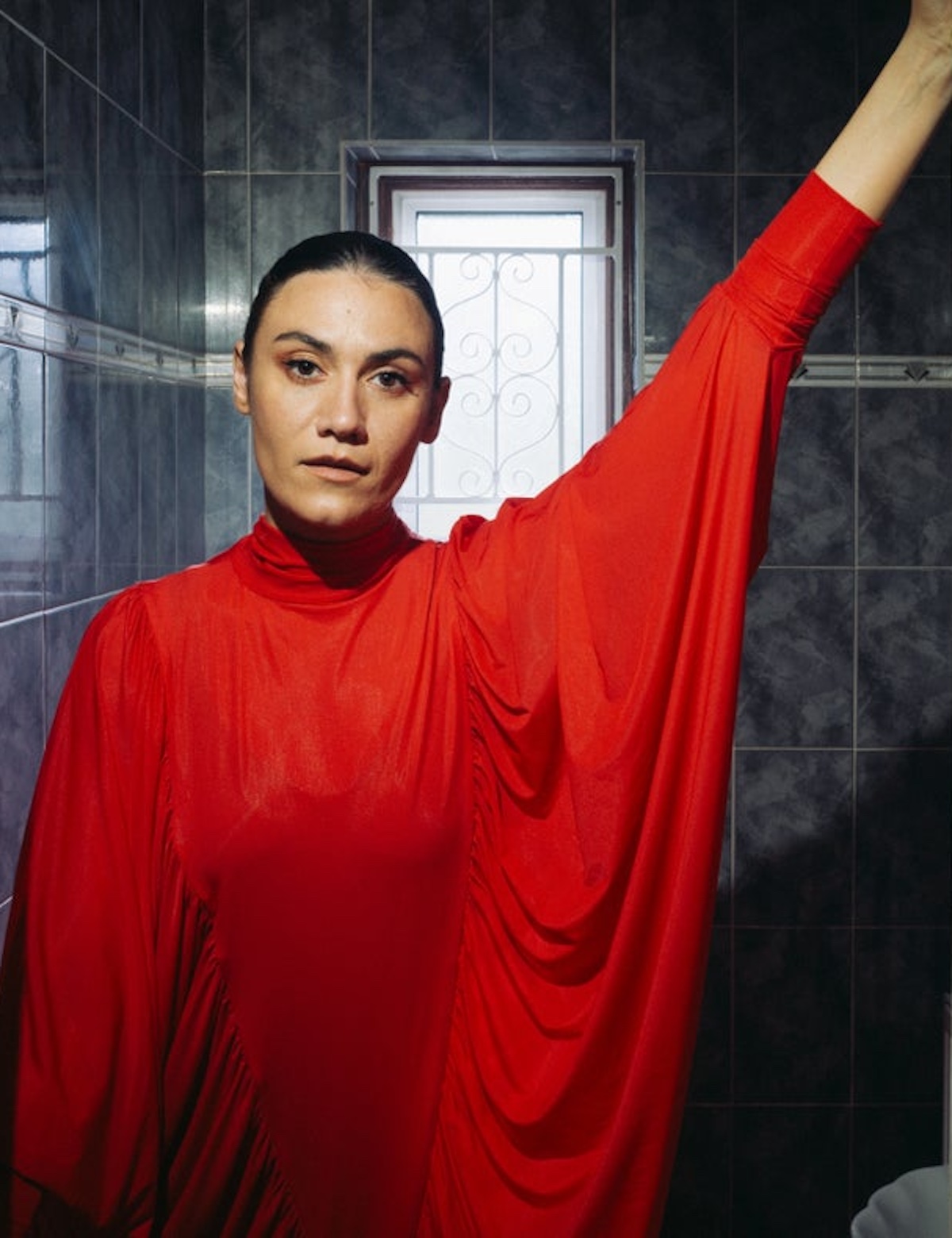
On Food For Fuel the battle for supremacy between our protagonist’s pre- and post-rehab selves unfolds over a louche, sinuousness carried on an air cushion of vocals that seem to adhere more closely to the harmonic principles Sufi Qawwali music icons like Nusrat Fateh Ali Khan and Abida Parveen — both artists cited by Nadine among a long list of her musical inspirations. By the same token, she adds, “I’m not sure it’s possible to teach your voice where to go when it comes to harmonies. That’s something that’s ingrained and unconscious. The voice goes to a place that lies beyond conscious thought.”
Here and elsewhere, perhaps the real story that threads these songs together is the mission to access the core of her self amid the dramatic changes happening in her life. Afforded space and distance to reflect for the first time since the release of her debut album Love Your Dum & Mad in 2013, hitherto suppressed doubts seeded themselves in what would become new songs. On Hyperrealism, you can almost hear it happening in real time, the dawning realisation that love wasn’t enough to save her marriage. Understandably, her own hunger to be looked after eclipsed all other considerations. “It started as just myself on piano, like how I used to write 10 years ago” recalls Nadine, “and at some level, I think I was channelling Annie Lennox’s Love Song For A Vampire.”
If Nadine’s recovery came at the expense of one relationship, it also seeded the start of several more. Pitched somewhere between the embattled grandeur of the latter-day Marianne Faithfull and the empathetic storytelling abundant on Nadine’s 2017 Mercury-nominated Holiday Destination, the skeletal snare-rattle of Twenty Things introduces you to some of them. Nadine explains: “No one tells you that you’ll end up feeling such a deep love for the people you meet in there. And, of course, what makes it more intense is the fact that you know, statistically, that not everyone is going to make it once they’ve left this place. Some of the most unspeakable things had happened to these people and equally some of the most heinous things were done by them. You know, you’re supposed to love the sinner and hate the sin. I was in there with people who claimed they’d written songs for Elvis, Hollywood film stars, criminals and I loved them all.”
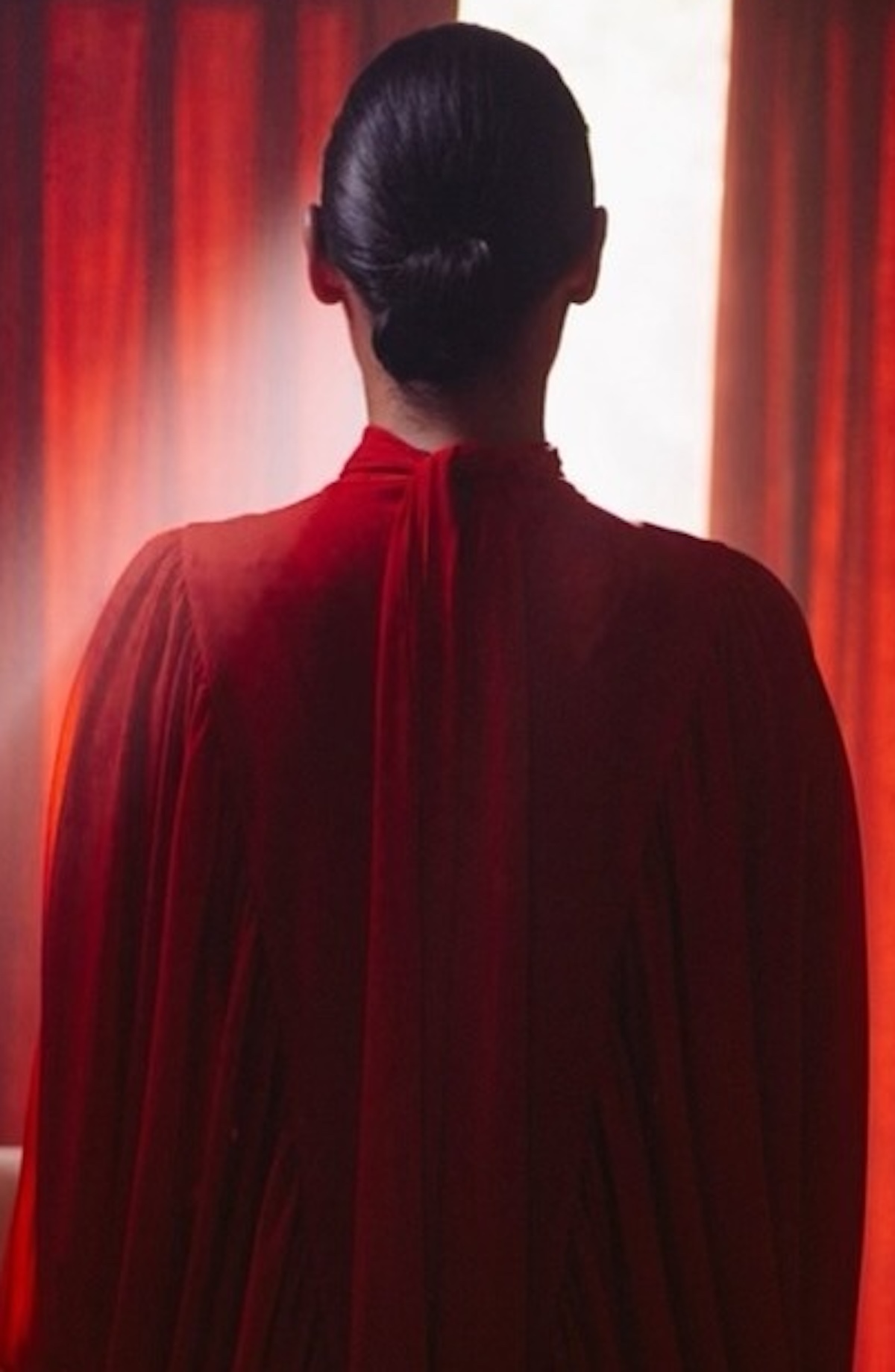
During her time in there, Nadine had it put to her that she’s a “people pleaser”. She stood her ground and replied, “You’re not taking that away from me; that’s the one bit about myself that I actually like”. That becomes swiftly apparent to anyone who has ever met her. No one takes the piss out of Shah quite as well as she does, and you’re reminded about that towards the end of Sad Lads Anonymous, a shadowy monologue over which Nadine ponders her own inability to get comfortable in any environment, be it her adopted hometown by the southern English seaside (“The sea’s not the only thing here that’s full of shite / You think cold water will save you”) or one of her own after-shows (“The band left hours ago, according to the work experience kid that I’m currently telling all my deepest darkest secrets to in a toilet cubicle”).
But even in the life of a people-pleaser, there are moments that sit beyond even the darkest sense of humour. Given what we know about her, it’s not surprising that Nadine worries that Keeping Score might be “too earnest.” In fact, in writing so unflinchingly about her own experience of sexual violence, we’re reminded that, in suitably skilled hands, songwriting has the power to erase the distance between the protagonist and listener. Over circling synths that intimate a world forever changed, the song manages to alchemise something profoundly beautiful from its very opposite. “Sometimes you just have to do what the song wants and in this case it was to belt out even louder the lyrics I was nervous to share.”
In the case of the album’s final song, “doing what the song wants” involved revisiting the evening in 2022 that saw Shah attempting to take her own life. French Exit gets its name from the practice of leaving a social occasion without announcing your departure. Once again, in the hands of a lesser songwriter, the resulting song might have dramatised the crisis. On French Exit though, Nadine zones in on the minutiae of the scene in question. Stark, impassive synth stabs mark the bullet points of a bathetic inventory: “Pizza box lid/ When I couldn’t find paper / Wine was fancy / Chateau Musar for my neighbour.”
Nadine thought long and hard about committing anything to record that might inadvertently romanticise suicide, and in conversation seeks reassurances that, in this regard, she has avoided that outcome. Well, it’s hardly Suicide Is Painless, you tell her — and in turn, she looks up and allows a smile to linger longer than the coffee she’s just sipped. “I feel far less restricted than I ever have in my lyric writing and music making. There’s something pretty freeing when people know your most intimate story. I’ll never be able to be an artist full of mystery, it’s too late for that. But maybe something of my story will speak to the listener. Hopefully, something beautiful comes from it.”


